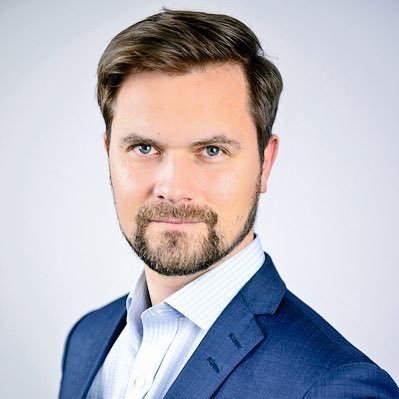After praying the Angelus on Sunday, October 22, Pope Francis renewed his closeness to all those suffering and appealed for an increase in humanitarian aid and that hostages be freed. He further stated boldly that "War always is a defeat, it is a destruction of human fraternity." And he exhorted, "Brothers, stop! Stop!"
Afterward, the Pope called US President Joe Biden to discuss current conflicts and identify "paths to peace." Throughout the past year, Pope Francis has used every opportunity to implore peace, be it in Ukraine, Armenia, or, most recently, in the Holy Land.
Pope Francis' sorrow and prayers have been accompanied by actions for peace. In the same Angelus prayer, the Pope said, "I am very concerned, grieved," and, "I pray, and I am close to all those who are suffering, the hostages, the wounded, the victims and their families."
Since the beginning of the Russian invasion of Ukraine in February 2022, the Holy Father has urged both aggressors and the invaded to work together on ending the atrocities of war. He sent the Archbishop of Bologna, Cardinal Zuppi, as his special envoy to broker peace between Moscow and Kyiv.
Speaking to both sides, Pope Francis has earned criticism from many. Unimpressed by this, he has continued to advocate for those suffering most from the bombardments and violence: civilians, especially older people and children.
In Armenia and the Holy Land, two new violent conflicts have erupted. Before Azerbaijan invaded the Armenian Nagorno-Karabakh region, Pope Francis called for dialogue between the nations in the Angelus Prayer on Sunday, October 1. He said, "I have been following the dramatic situation of the displaced people in Nagorno-Karabakh in recent days, and I renew my call for dialogue between Azerbaijan and Armenia."
One week later, when the terrorist organization Hamas attacked Israel by air, sea, and land, murderous images went across the globe. Also, in light of this conflict, Pope Francis immediately responded in the Angelus Prayer of October 8: "May the attacks and weapons stop. Please! And may it be understood that terrorism and war do not lead to any resolutions, but only to the death and suffering of many innocent people."
While condemning all acts of terrorism, Pope Francis insisted that dialogue continues in this conflict. The strategy of constantly reaching out to the two parties involved in a conflict is the through line in Pope Francis' diplomacy. Such diplomacy is not always welcomed, especially when a clear aggressor starts the violence. Regardless, the Holy Father continues to keep channels open with all parties in order to build bridges between opposing forces – he is, after all, the pontifex, which is Latin for builder of bridges.
(Adapted by Jacob Stein)

Andreas Thonhauser is EWTN Vatican Bureau Chief. He holds an MBA from WU Executive Academy and a Master’s in German Philology and Americanistics from the University of Vienna. He previously worked in media and as Director of External Affairs for a global human rights organization, and for several media outlets in Vienna, Austria.









